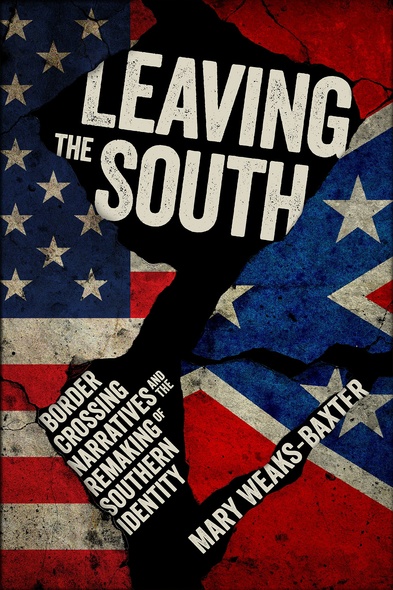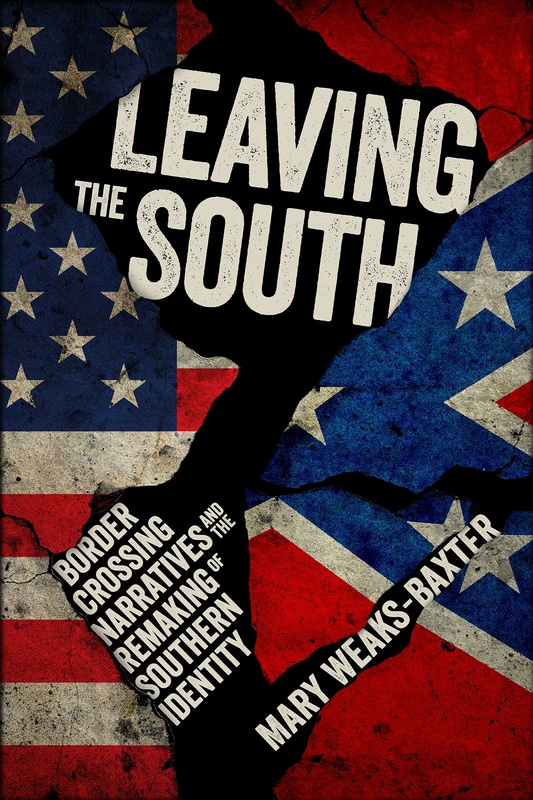
Leaving the South
Border Crossing Narratives and the Remaking of Southern Identity
Millions of Southerners left the South in the twentieth century in a mass migration that has, in many ways, rewoven the fabric of American society on cultural, political, and economic levels. Because the movements of Southerners—and people in general—are controlled not only by physical boundaries marked on a map but also by narratives that define movement, narrative is central in building and sustaining borders and in breaking them down. In Leaving the South: Border Crossing Narratives and the Remaking of Southern Identity, author Mary Weaks-Baxter analyzes narratives by and about those who left the South and how those narratives have remade what it means to be southern.
Drawing from a broad range of narratives, including literature, newspaper articles, art, and music, Weaks-Baxter outlines how these displacement narratives challenged concepts of Southern nationhood and redefined Southern identity. Close attention is paid to how depictions of the South, particularly in the media and popular culture, prompted Southerners to leave the region and changed perceptions of Southerners to outsiders as well as how Southerners saw themselves. Through an examination of narrative, Weaks-Baxter reveals the profound effect gender, race, and class have on the nature of the migrant’s journey, the adjustment of the migrant, and the ultimate decision of the migrant either to stay put or return home, and she connects the history of border crossings to the issues being considered in today’s national landscape.
Leaving the South: Border Crossing Narratives and the Remaking of Southern Identity offers an insightful look at not only an old subject—the US South—but also a relatively new one: the journey out of the South. Adeptly integrating border theory, Southern literary studies, current politics, and personal experience to explore the liminal space between South and ‘Notsouth,’ Weaks-Baxter investigates ‘how narrative defines and labels not only the movements of people but also moving people themselves, aligns groups of people and divides them, and builds literal walls and breaks them down.’ Examining narratives that imagine the South, its boundaries, and what lies beyond it, she illuminates the profound impact of these imaginings on personal, regional, and national identities.
Mary Weaks-Baxter is Andrew Sherratt Professor at Rockford University. She is author of Reclaiming the American Farmer: The Reinvention of a Regional Mythology in Twentieth-Century Southern Writing and coeditor of The History of Southern Women’s Literature and Southern Women’s Writing: Colonial to Contemporary.





